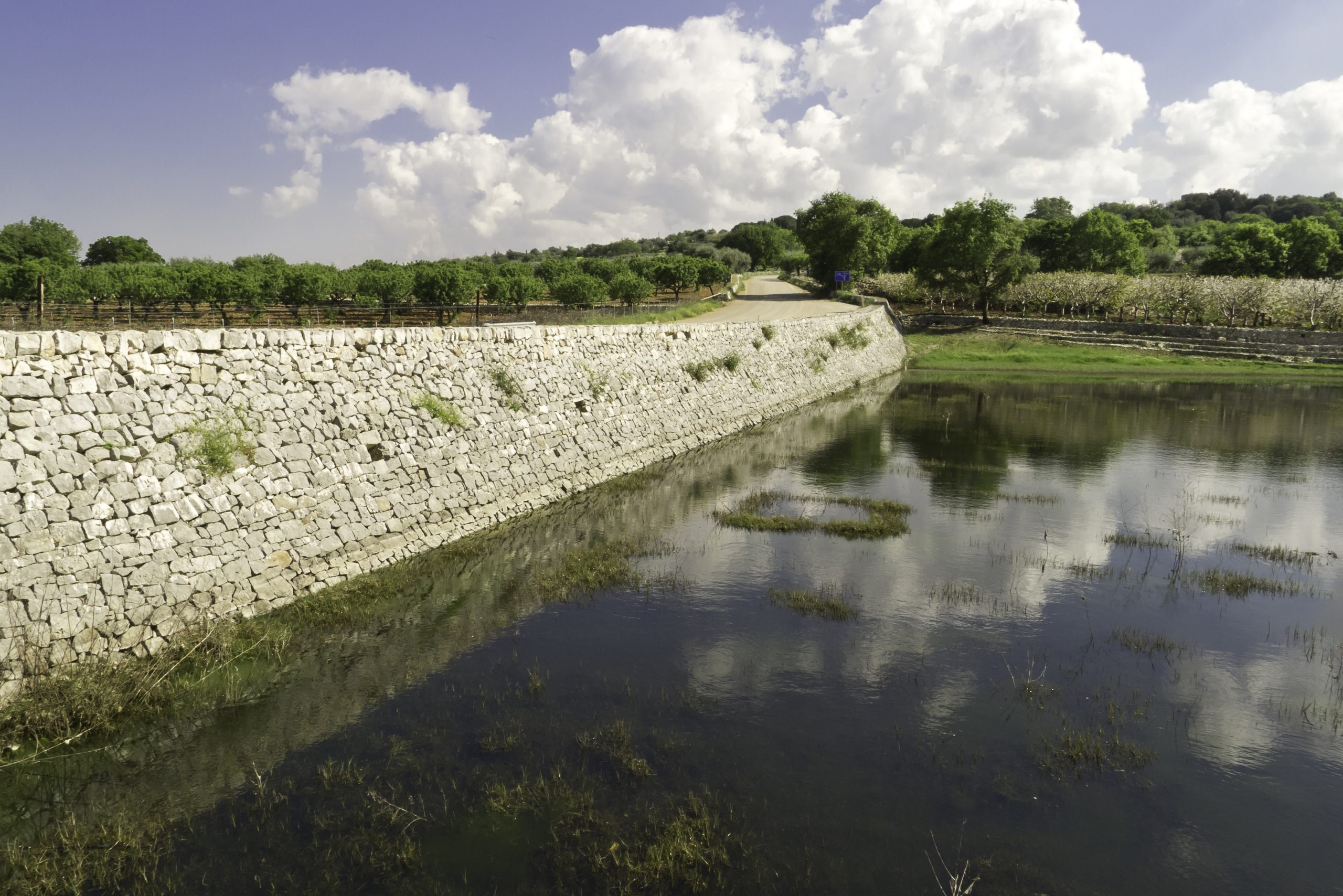These requirements are being added to Michigan’s storm water program in order to ensure the quality of storm water leaving industrial facilities around the State. These updates bring Michigan in line with Federal guidelines on storm water management.
New Industrial Storm Water Permit requirements are being rolled out in Michigan.
All new permits require storm water samples to be collected for visual analysis, although certain permits may also require lab analysis. For facilities with general permits, those in cycle year 4 and 5 watersheds already have these new visual analysis requirements in place, while facilities in cycle year 1, 2, and 3 watersheds will have them written into their renewed permits in the coming years. (The cycle year will be listed on the permit, and maps to identify cycle years by watershed are available here.) For facilities with individual NPDES permits, these new requirements will be written into any new or renewed permits as well.
Any trained employee can take the sample, however the Industrial Storm Water Certified Operator for the facility (as listed on your SWPPP) must visually assess the sample as soon as possible. If the operator is not available to immediately assess the sample, it may be kept cold in a sealed container for up to 48 hours after collection. For larger facilities with many outfalls or points of discharge, it might be necessary to have a team of people ready to deploy during a storm event in order to capture all of the necessary samples within the first 30 minutes of storm water discharge.
Samples must be collected quarterly, with very few exceptions. Because weather can be very unpredictable, the best strategy is to collect and visually assess your samples as early in the quarter as possible to avoid missing out on proper conditions for collecting a sample at the end of the quarter, such as a dry spell or rain with dangerous sampling conditions like lightening. Remember, safety always comes first, never collect samples during dangerous weather conditions. During winter months, snowmelt leaving the site can be sampled in lieu of rainwater. Samples must be taken at least 72 hours after the last storm event that caused a discharge of storm water at your facility, and within the first 30 minutes of the beginning of a new storm water discharge. Note that sampling period does not necessarily start at the beginning of rainfall/snowmelt, but when that water starts to leave the property.
Each storm water discharge from your facility needs to be sampled, including outfalls (where storm water goes directly into surface waters of the state) and points of discharge (where storm water goes into a storm sewer system). If a discharge is considered to be “substantially identical” to another on site, only one must be sampled per quarter, as long as the certain requirements are met and documented.
More information on visual assessments is available on the MDEQ Industrial Storm Water Website.
Michigan Department of Environmental Quality will be implementing a new online tool to streamline water resources permitting and reporting, starting August 17, 2015. the new system, called MiWaters, will facilitate electronic NPDES permit submissions (including storm water permits) and replace the current electronic DMR system, as well as offering other features.
More information on MiWaters is on the MDEQ website.



